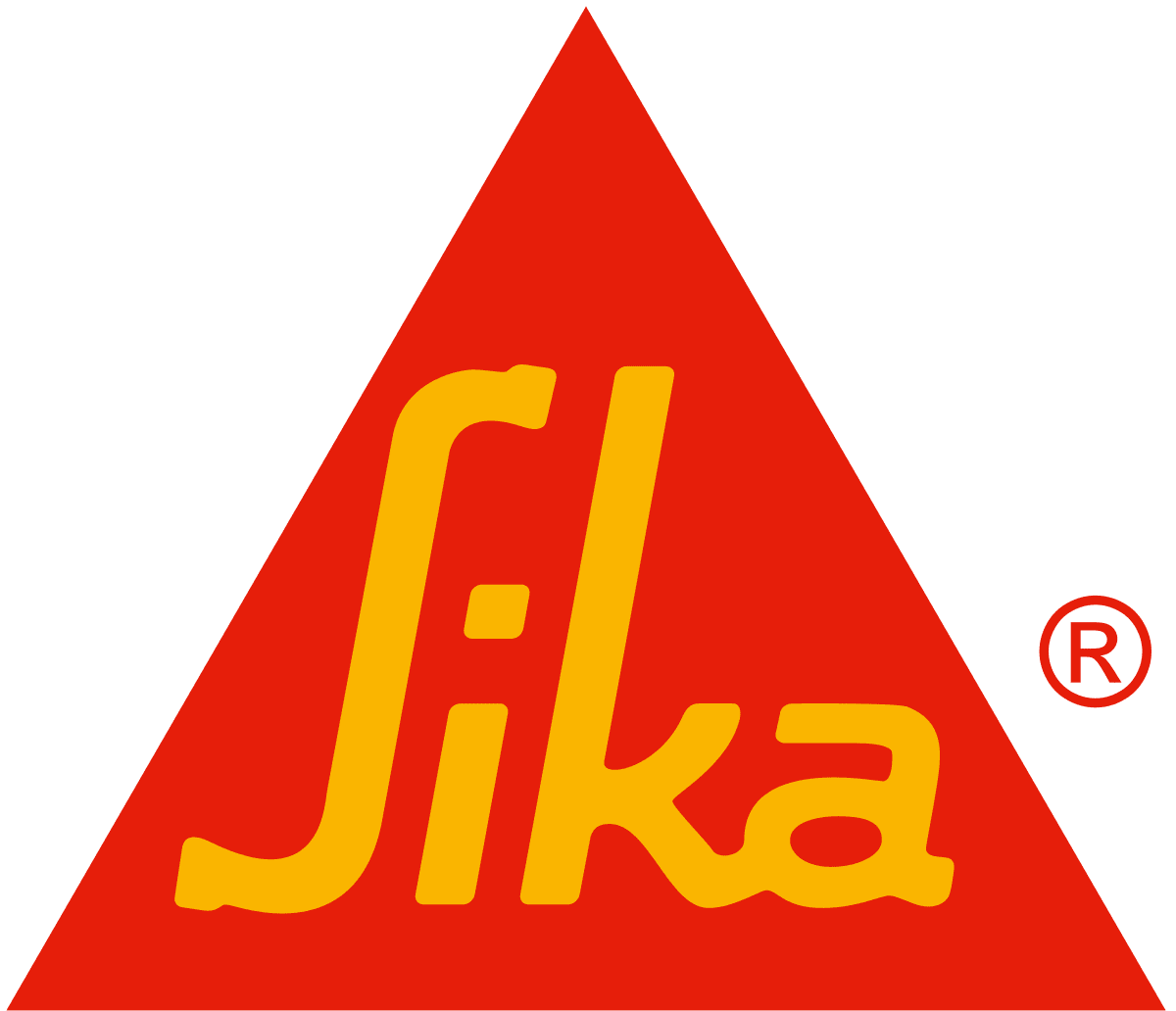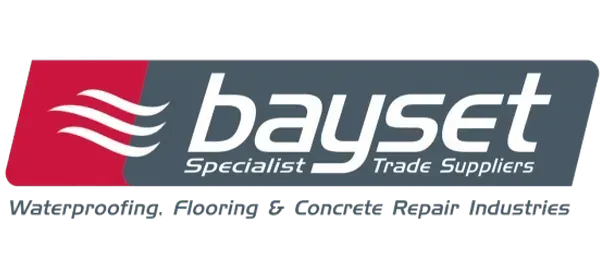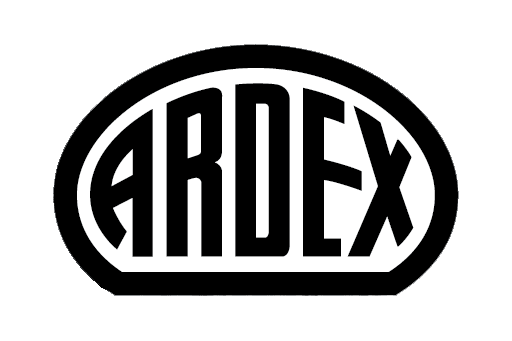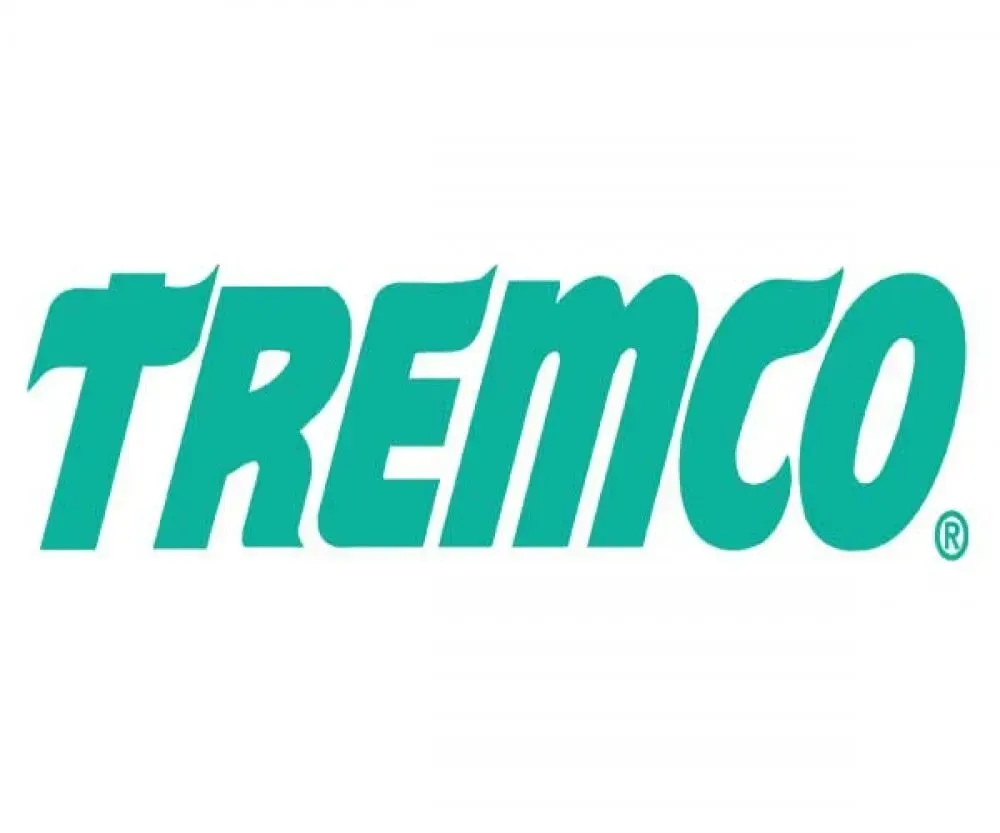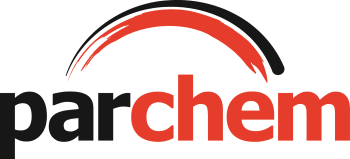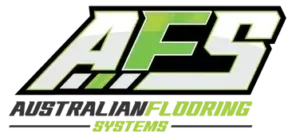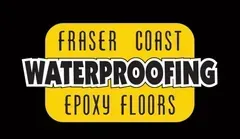Get In Touch TodaY 0423 964 496
Different Types Of Waterproofing Materials
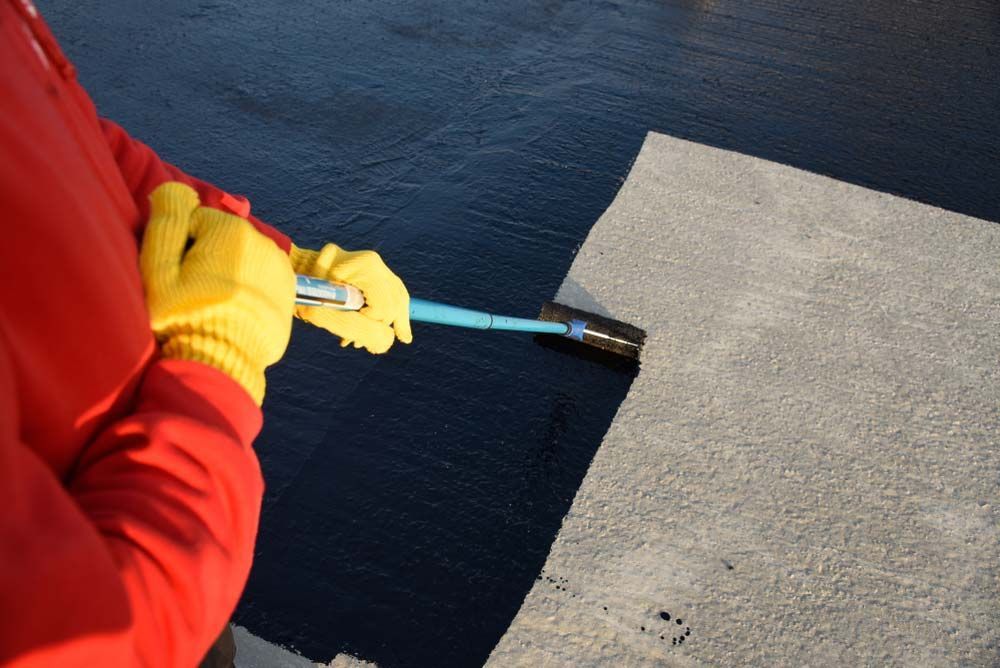
Waterproofing might sound like a simple job, but it’s a significant investment guaranteed to improve the life of your home or business. Our experienced team at
Fraser Coast Waterproofing is passionate about delivering quality waterproofing services using only the best products. There are many types of waterproofing options available, and while the material used will depend on the work being done, here are three popular options if you’re looking to waterproof residential or commercial areas.
Polyurethane
Polyurethane has emerged as the most popular waterproofing choice for many people, largely because it offers a seamless membrane that provides adhesion for the entire surface area and fills cracks. As a chemical-resistant and durable material, polyurethane enjoys a long working life of roughly 25 years, meaning you won’t need to be waterproofing again in a hurry. It is a versatile material that can be used to waterproof many surfaces, including decking, balconies, roofs and concrete. If you’re waterproofing concrete, polyurethane can harden the concrete surface while also decreasing its capacity to absorb water.
Benefits Of Polyurethane
Polyurethane has many advantages, including:
- Resistance to water, oil, grease, abrasion and impact
- Resistance to extreme temperatures
Polyurethane Waterproofing Is Commonly Used For The Following
- Pedestrian and parking decking
- Water tanks
- Ponds
- Roofs
-
Bridges
Rubberised Asphalt
Benefits Of Rubberised Asphalt
Rubberised asphalt has many benefits:
- Incredible durability
- Low moisture vapour permeance
- Flexibility
Rubberised Asphalt Is Commonly Used For The Following
- Commercial roofing
- Bridges
- Plazas
-
Parking areas
PVC Membrane
Benefits Of PVC Membrane
PVC membrane has many advantages, including:
- Durability
- Energy-efficiency
- Resistance to damage
- Versatile installation
PVC Membrane Is Commonly Used For The Following
- Buildings and roofs
- Siding, fencing, and decking
Cementitious Coating
Benefits Of Cementitious Coating
Cementitious coating has many advantages, including:
- Seamless coating
- Resistance to abrasion, weather and chemicals
- Suitability for surfaces with direct pressure, or pressure from outer surfaces
- Resistance to carbon dioxide and chloride ion diffusion
Cementitious Coating Is Commonly Used For The Following
- Preventing "concrete cancer", in which water, salt or chemicals penetrate concrete, causing it to deteriorate.
- Waterproofing internal and external concrete and mineral substrates
- Waterproofing underground structures, roofs and decking
- Protecting highways and coastal environments from chloride
- Improving the durability of reinforced concrete.
EPDM Rubber
Benefits Of EPDM Rubber
EPDM rubber has many benefits:
- Strong resistance to ozone and sunlight
- Flexibility in low temperatures
- Resistance to water, detergents, grease, mild acids and silicone oils
- Ease of processing
- Affordability
- Readily available
EPDM Rubber Is Commonly Used For The Following
- Weatherstripping for vehicles
- O-rings
- Conveyor belts
- Water-proofing sheets
- Hoses
- Gaskets
- Roller covers
- Wire insulation
Liquid Waterproofing
Benefits Of Liquid Waterproofing
Liquid waterproofing has many advantages, including:
- Easy application
- Seamless coating
- No need for detailed surface preparation
- Easy to maintain
Liquid Waterproofing Is Commonly Used For The Following
- Terraces, podiums or decking
- Green roofs
- Car parks
- Water tanks
Call Us Today To Learn More About Our Waterproofing Services
If you’re looking to waterproof your home or business,
contact
Fraser Coast Waterproofing for a service that’s reliable, fast, and professional. Our expert team members pride themselves on the standard of their work and the consistent satisfaction of our valued customers.
Call us today on
0423 964 496 to discuss all your waterproofing needs and to hear more about our wide range of services and products.
Explore
What We Do
Locations We Service
Showroom Hours
- Monday
- -
- Tuesday
- -
- Wednesday
- -
- Thursday
- -
- Friday
- -
- Saturday
- Closed
- Sunday
- Closed
Trading Hours
- Monday
- -
- Tuesday
- -
- Wednesday
- -
- Thursday
- -
- Friday
- -
- Saturday
- Closed
- Sunday
- Closed
Licenses
- ABN 51 826 273 877
- QBCC 15075446
